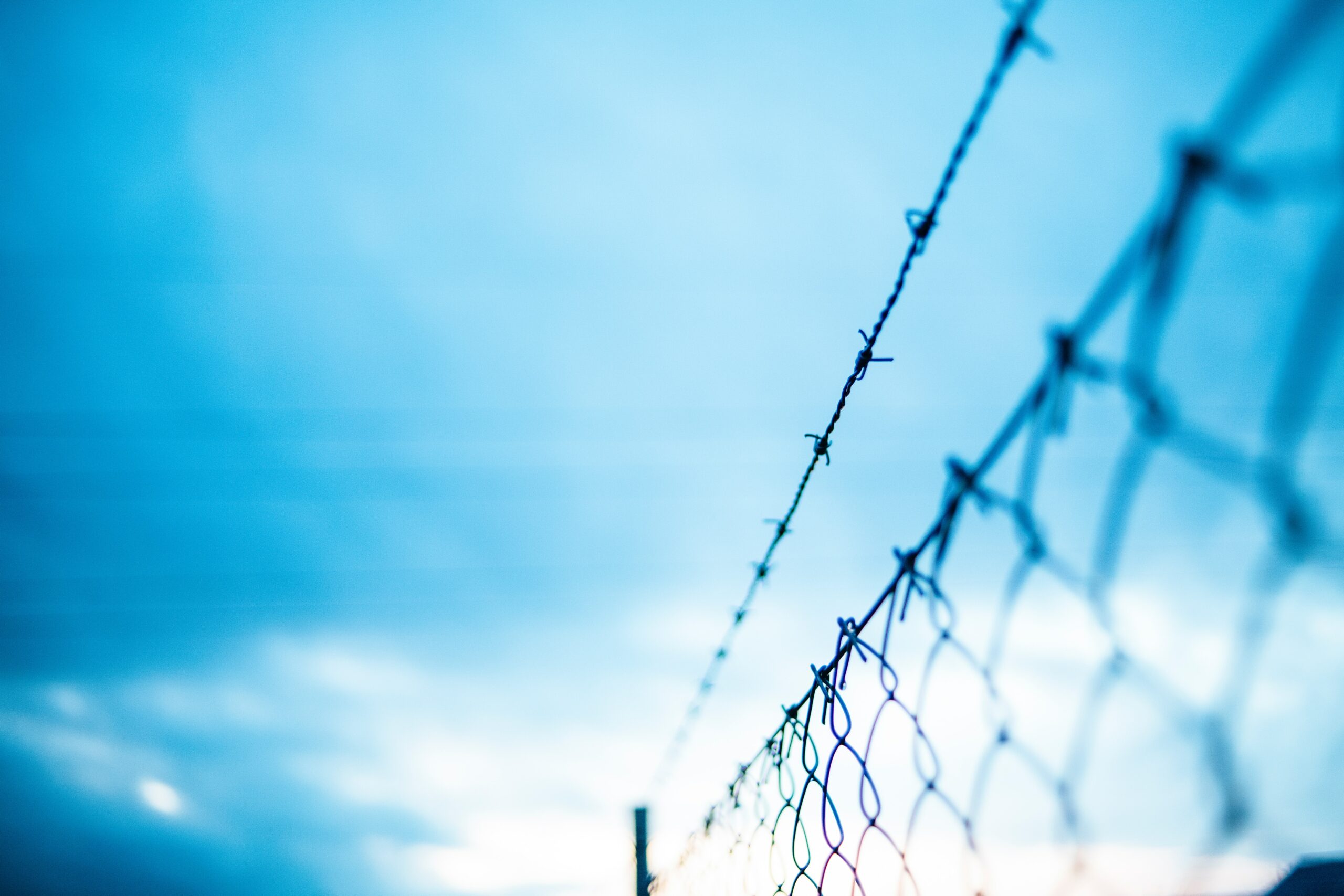In January, Rishi Sunak put forward five key pledges for his premiership. One of the pledges was to significantly decrease the number of migrants crossing the English Channel in small boats. In response to the pledge, Home Secretary Suella Braverman introduced the Illegal Migration Bill to Parliament.
The Bill seeks to change the law so individuals who arrive in the UK illegally will not be able to stay. Instead, they will be detained and removed to their home country or deported to a country the Government has allocated as “safe” such as Rwanda, where they will be able to apply for asylum.
The Government states that the Bill is necessary to deal with a “broken” asylum system. Since 2020, the number of migrants arriving in small boats has risen significantly from around 10,000 to over 45,000 last year. Officials state that a large percentage of these migrants come from safe countries where they are not at risk of persecution. They claim the asylum system costs the taxpayer £3 billion a year, with £6 million a day being spent on accommodation alone.
Since its inception, the Bill has received criticism from opposition parties and commentators. While most accept the UK must act to address the increase in small boats crossing the channel and the asylum system, many argue the Bill takes unreasonable and even illegal steps in their attempt to address this.
One such objection is whether the Bill adheres to the UK’s international legal obligations. The Home Secretary admitted in a letter to backbench MPs that there is a strong chance it may be incompatible with the European Convention on Human Rights. If so, it is likely that appeals will be lodged with the European Court of Human Rights and (ECHR), if contravention of the convention is found, the UK Govt will need to defend the Bill before the ECHR.
Refugee support organisations like the UNHCR have also stated the Bill breaches the UN’s 1951 Refugee Convention. The Convention was created to stop asylum seekers from being returned to their home country in the event that they might face serious threats to their life or freedom. Some have argued that the Bill breaches the treaty by mandating refoulement; a process the convention directly opposes.
The Bill also proposes changes to the UK’s current Modern Slavery law. One change – found in Clause 21 of the Bill – would exclude any potential victim of modern slavery from protection if they arrive in the UK irregularly. Under the clause, even where an individual receives a positive ‘reasonable grounds’ decision, they will be automatically removed before the victim identification process has been completed.
This appears to be in breach of Article 10 of the Council of Europe Convention on Action Against Trafficking in Human Beings (ECAT) 2009 which states victims should not be removed from a country until the identification process has been brought to completion. Justification for this change is based on several factors, including “the pressure placed on public services, the large number of irregular arrivals and the loss of life caused by arrivals from illegal and dangerous journeys…”.
The Bill has appeared before the House of Commons for all three readings. It was passed with 289 votes in favour and 230 against. The Bill has now progressed to the House of Lords and currently at the committee stage.


